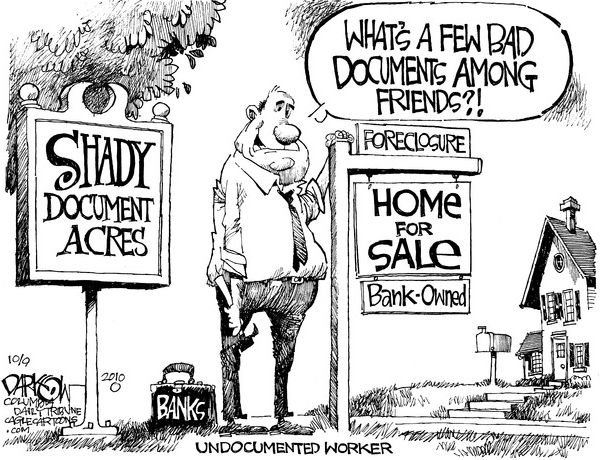 The Federal Reserve was set up in 1913 to finance both sides of two subsequent world wars. In other words, these wars were funded by the credit of the US taxpayer. Apart from profiting from it , the Illuminati bankers use war to enslave us with debt, enact social change and consolidate their power.
The Federal Reserve was set up in 1913 to finance both sides of two subsequent world wars. In other words, these wars were funded by the credit of the US taxpayer. Apart from profiting from it , the Illuminati bankers use war to enslave us with debt, enact social change and consolidate their power.
The Federal Reserve has helped underwrite continued American military expenditures, even after the World Wars. As of 2009, "Defense" accounts for 23% of all American Federal spending. And therefore, the gargantuan size of the American Federal debt is related to the continuation of American military interventions abroad.

 Economic Glance
Economic Glance

 So many Americans have been jobless for so long that the government is changing how it records long-term unemployment. Citing what it calls "an unprecedented rise" in long-term unemployment, the federal Bureau of Labor Statistics (BLS), beginning Saturday, will raise from two years to five years the upper limit on how long someone can be listed as having been jobless.
So many Americans have been jobless for so long that the government is changing how it records long-term unemployment. Citing what it calls "an unprecedented rise" in long-term unemployment, the federal Bureau of Labor Statistics (BLS), beginning Saturday, will raise from two years to five years the upper limit on how long someone can be listed as having been jobless. American International Group Inc., the insurer bailed out by the U.S., garnered $4.3 billion in bank credit lines in another step toward repaying taxpayers and gaining independence. The credit, provided by more than 30 banks and administered by JPMorgan Chase & Co., includes two $1.5 billion facilities, one for three years and the other for 364 days, AIG said today in a regulatory filing.
American International Group Inc., the insurer bailed out by the U.S., garnered $4.3 billion in bank credit lines in another step toward repaying taxpayers and gaining independence. The credit, provided by more than 30 banks and administered by JPMorgan Chase & Co., includes two $1.5 billion facilities, one for three years and the other for 364 days, AIG said today in a regulatory filing. Billions of dollars in top-rated bonds backed by community banks have gone bust, debunking the defense offered by credit-rating agencies that wildly inaccurate ratings were limited to risky mortgage bonds that imploded and then triggered the U.S. financial crisis.
Billions of dollars in top-rated bonds backed by community banks have gone bust, debunking the defense offered by credit-rating agencies that wildly inaccurate ratings were limited to risky mortgage bonds that imploded and then triggered the U.S. financial crisis.






























